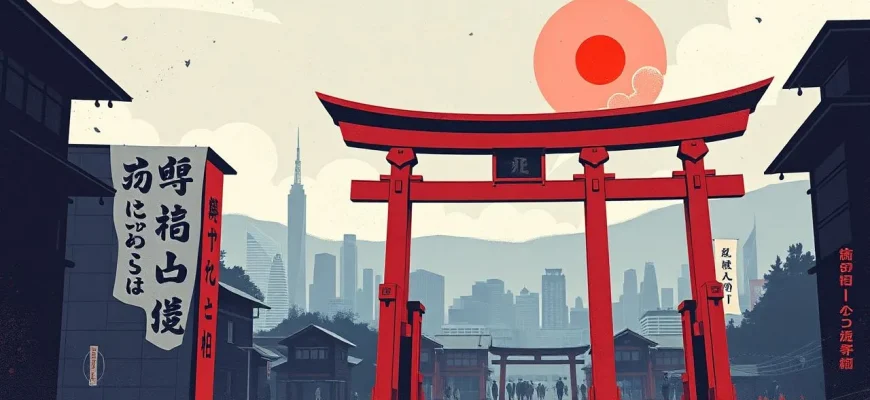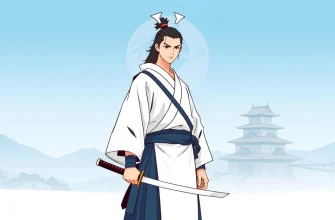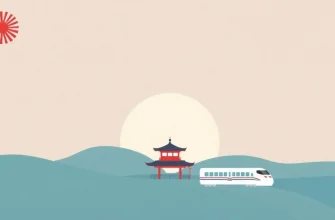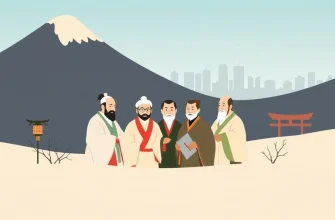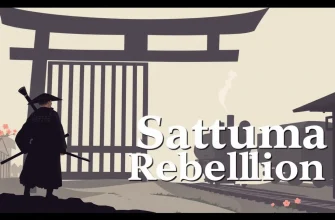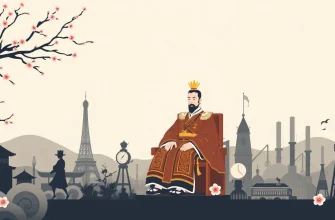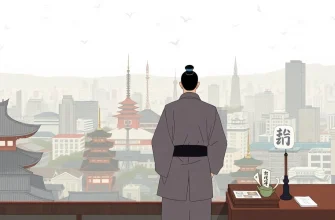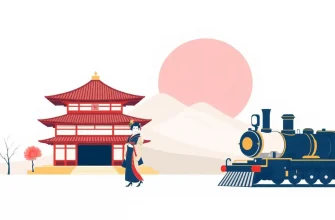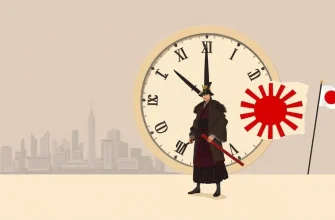The Meiji Revolution, also known as the Meiji Restoration, was a transformative period in Japanese history that saw the end of the feudal Tokugawa shogunate and the restoration of imperial rule. This era, marked by rapid modernization and Westernization, has inspired numerous films that delve into the political, social, and cultural upheavals of the time. Here are ten films that capture the essence of this revolutionary period, providing viewers with a cinematic journey through one of Japan's most dynamic historical epochs.

The Last Samurai (2003)
Description: This epic drama follows an American Civil War veteran who becomes involved in the Satsuma Rebellion, a key event in the Meiji Revolution, highlighting the clash between traditional samurai values and the encroaching Western influence.
Fact: Tom Cruise underwent extensive training in samurai swordsmanship for his role, and the film was shot on location in Japan to capture the authenticity of the era.
 Watch Now
Watch Now 
When the Last Sword is Drawn (2003)
Description: Set during the Meiji Restoration, this film explores the lives of the Shinsengumi, a special police force that supported the shogunate, offering a poignant look at the personal sacrifices made during this turbulent time.
Fact: The film was critically acclaimed for its historical accuracy and emotional depth, winning several awards in Japan.
 30 Days Free
30 Days Free 
The Twilight Samurai (2002)
Description: This film focuses on a low-ranking samurai's life during the Meiji era, showcasing the personal and societal changes as Japan moves towards modernization.
Fact: It was nominated for an Academy Award for Best Foreign Language Film and is known for its realistic portrayal of samurai life.
 30 Days Free
30 Days Free 
The Hidden Blade (2004)
Description: A samurai's loyalty is tested as he navigates the shifting political landscape of the Meiji era, highlighting the internal conflicts within the samurai class.
Fact: The film was directed by Yoji Yamada, who is known for his humanistic approach to samurai films.
 30 Days Free
30 Days Free 
Love and Honor (2006)
Description: This film tells the story of a blind samurai who must find his place in a changing world, reflecting the broader societal shifts during the Meiji Restoration.
Fact: It was part of Yamada's trilogy on samurai life, focusing on personal honor and duty.
 30 Days Free
30 Days Free 
The Sword of Desperation (2010)
Description: A tale of revenge and justice set against the backdrop of the Meiji era, where a samurai seeks to right the wrongs done to his family.
Fact: The film uses a unique narrative structure, blending past and present to explore themes of justice and revenge.
 30 Days Free
30 Days Free 
The Great Passage (2013)
Description: While not directly about the Meiji Revolution, this film captures the spirit of the era through the creation of a dictionary, symbolizing Japan's quest for knowledge and modernization.
Fact: It was adapted from a popular novel and focuses on the meticulous work of lexicography during Japan's modernization.
 30 Days Free
30 Days Free 
The Tale of Genji (1951)
Description: Although set in the Heian period, this film's themes of political intrigue and societal change resonate with the Meiji era's transformation.
Fact: It was one of the first Japanese films to gain international recognition, showcasing the cultural richness of Japan.
 30 Days Free
30 Days Free 
The Samurai I: Musashi Miyamoto (1954)
Description: This epic follows the legendary swordsman Musashi Miyamoto, whose life spans the transition from the Sengoku period to the early Edo period, reflecting the changes that would lead to the Meiji era.
Fact: The film was part of a trilogy, and its portrayal of Musashi's journey has become iconic in Japanese cinema.
 30 Days Free
30 Days Free 
The 47 Ronin (1941)
Description: This classic film recounts the tale of the 47 Ronin, whose story of loyalty and revenge is emblematic of the samurai spirit that persisted into the Meiji era.
Fact: It has been adapted numerous times, with this version being one of the earliest and most revered cinematic interpretations.
 30 Days Free
30 Days Free 
